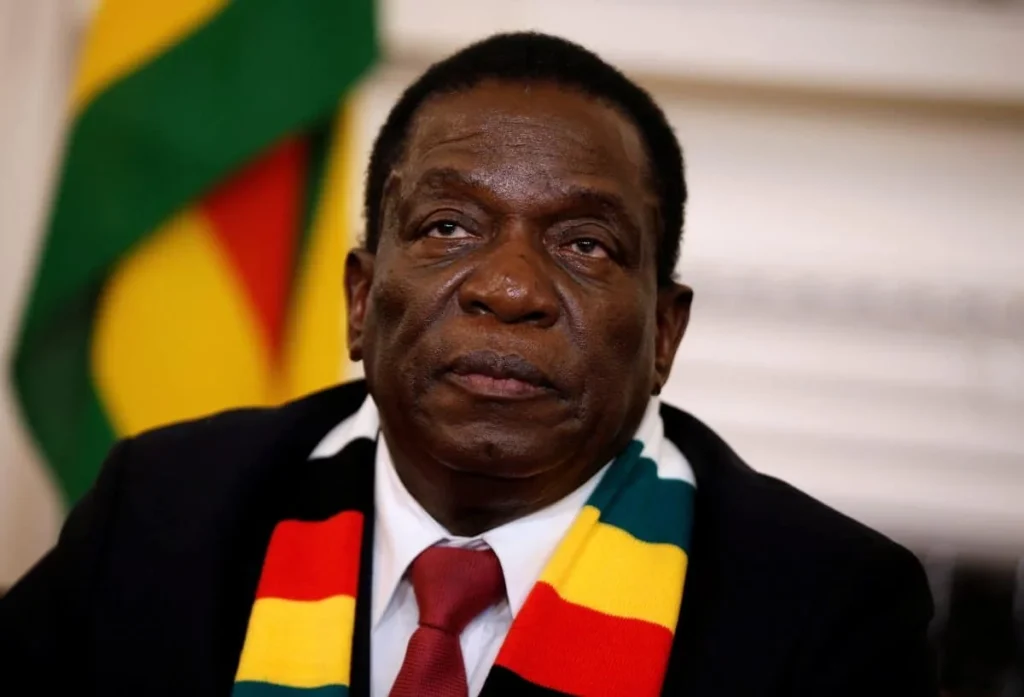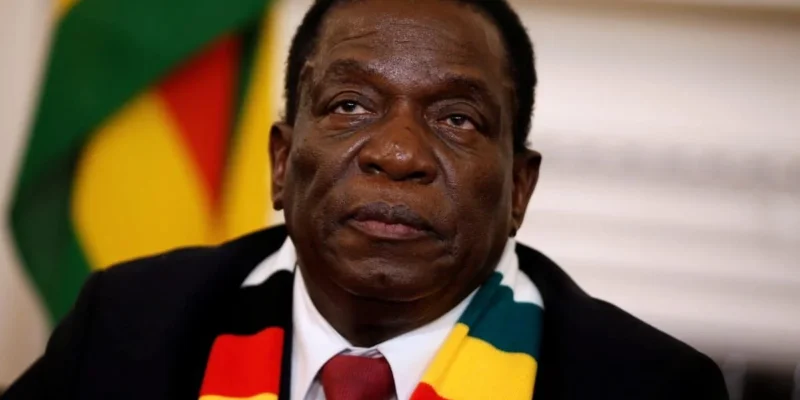
Zimbabwe has officially abolished the death penalty, with the new law taking immediate effect, following President Emmerson Mnangagwa’s signing of the historic Death Penalty Abolition Act. This groundbreaking decision makes Zimbabwe the latest African country to eliminate capital punishment, joining 113 nations globally, including 24 in Africa, that have fully abolished the practice.
The abolition follows a vote in Zimbabwe’s parliament earlier in December to scrap the death penalty, and signals a significant shift in the country’s stance on human rights. While the country last executed a prisoner in 2005, death sentences had continued to be imposed by courts for severe crimes such as murder. As of 2023, approximately 60 inmates were on death row, but they will now be re-sentenced based on factors such as the nature of their crimes, the time spent on death row, and their personal circumstances.
Rights organization Amnesty International praised the move as a “beacon of hope” for abolitionist movements across Africa. However, it raised concerns over a provision in the new law that could allow the reinstatement of the death penalty during a state of emergency. Amnesty has called for the removal of this clause, describing capital punishment as “the ultimate cruel, inhuman, and degrading punishment.”
Justice Minister Ziyambi Ziyambi emphasized that the law represents more than just a legal reform, but a “statement of our commitment to justice and humanity.” The death penalty, introduced during British colonial rule, has long been a contentious issue in Zimbabwe. Mnangagwa, a vocal critic of the practice, drew on his personal history, recalling how he was sentenced to death in the 1960s for his involvement in Zimbabwe’s guerrilla war for independence, before his sentence was commuted to 10 years in prison.
This legislative change is seen as a significant step in advancing human rights in Zimbabwe, despite ongoing criticisms of the ruling Zanu-PF party for alleged authoritarianism. With this law, Zimbabwe joins a growing global movement toward the abolition of the death penalty, in stark contrast to nations like China, Iran, Saudi Arabia, and the United States, where executions remain a regular occurrence.

Comments